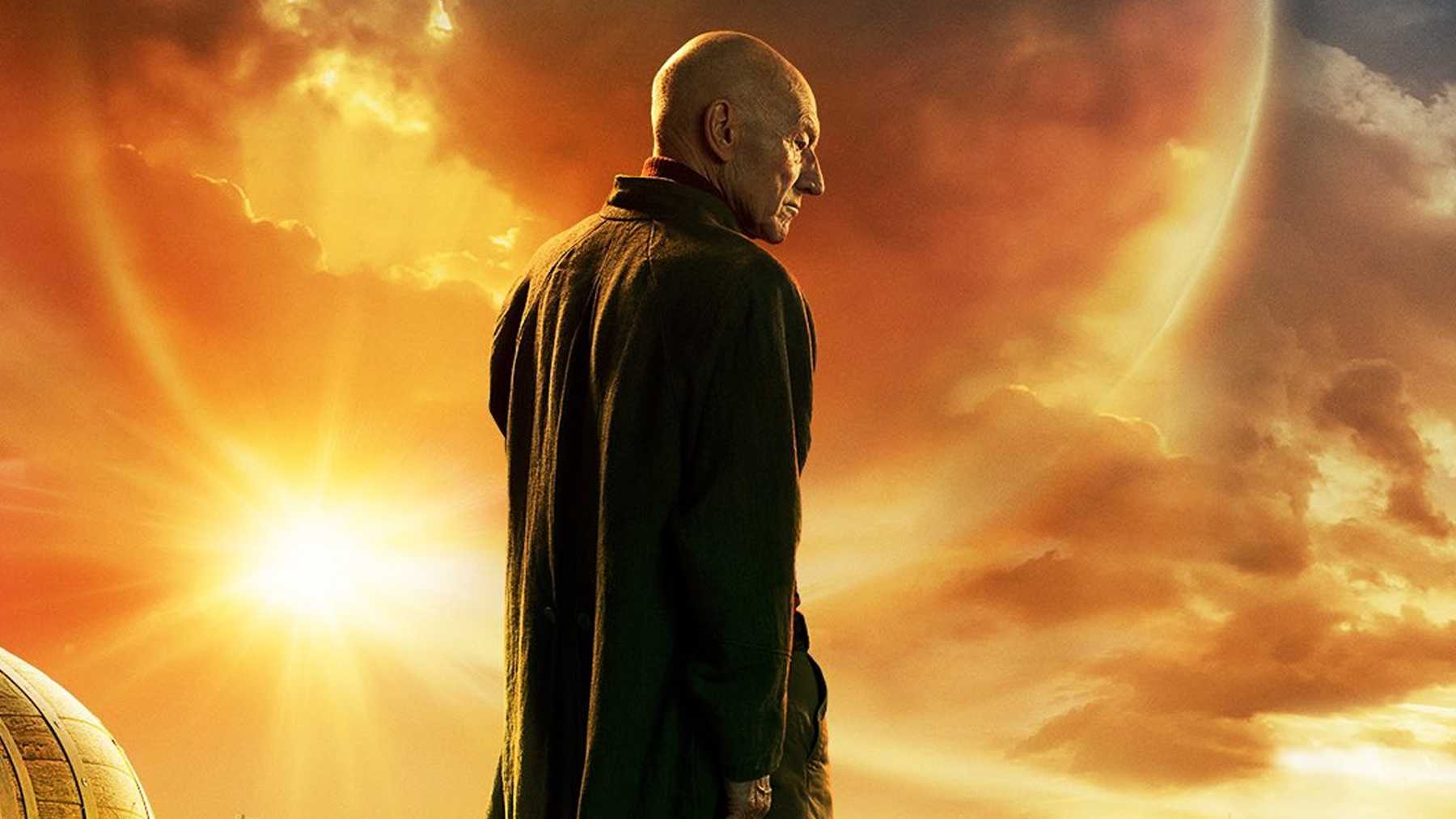Star Trek: Picard showrunner on how the new show appeals to both fans and newbies
“We relied on each other to decide what was Trek enough,” Alex Kurtzman tells GamesRadar+

Captain Jean-Luc Picard may have boldly gone through seven seasons of Star Trek: The Next Generation and four big-screen adventures, but it’s nearly two decades since he handed the keys to the USS Enterprise back. That means the eagerly anticipated spin-off series Star Trek: Picard will have to navigate a difficult path through the neutral zone, balancing hardcore fans' expectations and delivering a show understandable to newcomers who can’t tell the Bajorans from the Borg. So how on Earth do you keep everybody happy?
“I think thing you always want to reach for is a great universal story,” Star Trek: Picard executive producer – and overseer of Trek’s TV empire – Alex Kurtzman tells GamesRadar+. “Once we’ve figured out how to tell that story, then we can ask, ‘Is it Star Trek enough?’ We’re coming from an assumption that we’re going to embed all of the necessary Star Trek ornamentation!
“The interesting thing about this is what other franchise would allow you to tell a story about a 92-year-old man who’s closer to the end of his life than the beginning, asking, ‘Did I make all the right choices?’ I think that’s why this show’s going to impact a lot of people – even if you’ve never seen The Next Generation, what you’re seeing is the wonderful story of a man reckoning with his life. I think that’s why it will hopefully reach everybody.”
As for the question of how Star Trek is Star Trek enough… “There are so many ideas of what Star Trek is that, at first, we relied on each other to decide,” continues fellow executive producer Akiva Goldsman. “We believed that if it was Star Trek enough for the four of us [the executive producer quartet of Kurtzman, Goldsman, Kirsten Beyer and Michael Chabon] that there were some people out there like us, for whom it would be Star Trek enough. You can’t serve an abstract idea of fandom, it has to be inside you, so for us, Star Trek enough is if it feels like Star Trek to us.”
That’s not to say they’re getting hung up on making Star Trek: Picard look like The Next Generation did back in the ’80s and ’90s. This is a show beamed directly from the current golden age of TV, with movie-level production values. In other words, any newcomers to the 53-year-old saga should find it easy to get settled in the late-24th century.
And Jeri Ryan probably knows better than most, seeing as she’s played former Borg Seven of Nine in both Star Trek: Voyager and Star Trek: Picard. “This was vastly different, at least for me,” she reveals. “These sets are… epic doesn’t begin to cover it. You walk onto the Borg Cube and you’re walking onto a Borg Cube.”
“It felt like a Trek fan’s dream,” adds Jonathan Del Arco (Hugh), another Borg returnee from the TNG era. “I was like wait a minute, you really built a Borg Cube? The inside of one? On two sets? How is this even possible? It’s massive! And I get to walk on it? I don’t have to pretend I’m on a Borg Cube, I’m on a Borg Cube? It was mindblowing, because the budget’s so much bigger and the scope… That’s the thing about the show, the scope of it is so cinematic and so big that it’s a Trekkie’s dream.
Sign up for the Total Film Newsletter
Bringing all the latest movie news, features, and reviews to your inbox
“But,” he continues, “I would say that Picard is still the most personal, emotional, philosophical side of Star Trek. It’s really Trek at its heart.”
Are you a newcomer to the Star Trek franchise? Then it's perhaps worth watching these 10 key Star Trek: The Next Generation episodes before Picard begins.
Star Trek: Picard airs in the US on CBS All Access from January 23, and in the UK on Amazon Prime Video from January 24.
Richard is a freelancer journalist and editor, and was once a physicist. Rich is the former editor of SFX Magazine, but has since gone freelance, writing for websites and publications including GamesRadar+, SFX, Total Film, and more. He also co-hosts the podcast, Robby the Robot's Waiting, which is focused on sci-fi and fantasy.


